Going deep inside the human body, rethinking a Thelonious Monk interview, solitary island life, capturing one of the finest restaurants in the world, exploring the trans experience, and examining how we listen to movies—just a few of the subjects and stories this year’s documentaries brought us. With 2023 wrapping up, we’ve selected the non-fiction features that left us most impressed. If you’re looking for where to stream them, check out our handy guide here.
32 Sounds (Sam Green)

Filmmaker Sam Green captures something so specific here: he makes audio the star of a motion picture. It’s a lovely inclination and a worthwhile escapade. There are funny moments, clever moments, plenty that are heartfelt. Sound can do so many different things! This is an exceedingly well-produced work, its perfect length and the audible narrative it designs building succinctly to a lovely finale. Toss on those headphones and get lost in 32 Sounds for a while. – Dan M.
Beyond Utopia (Madeleine Gavin)
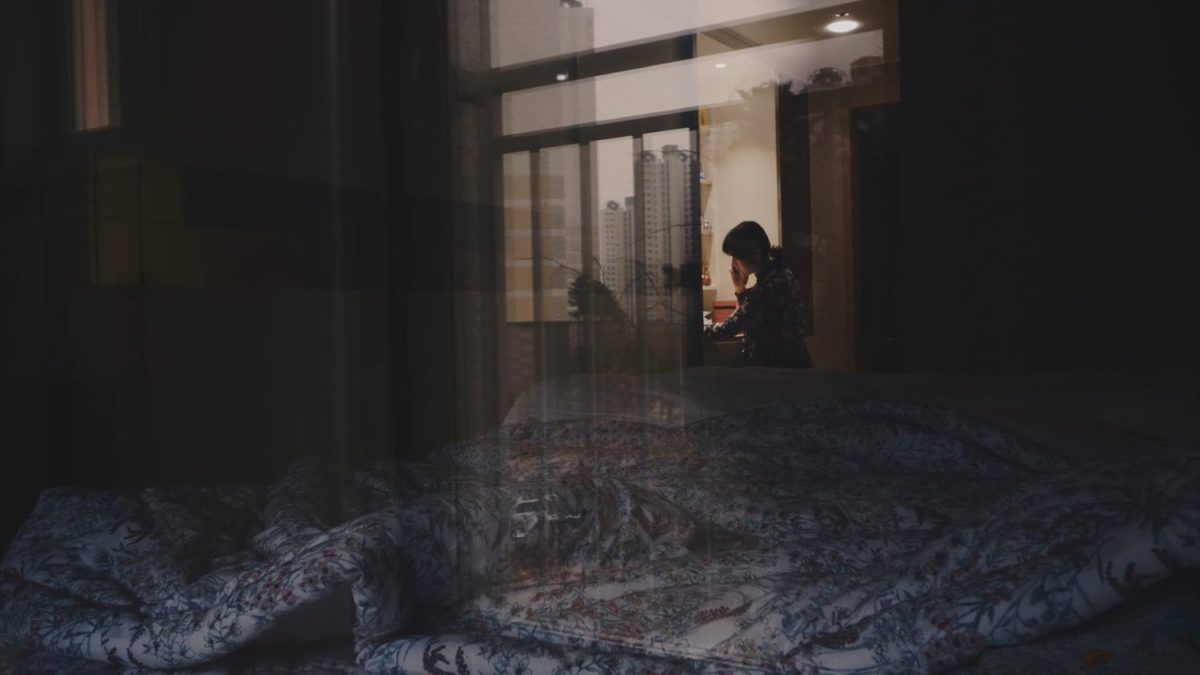
A harrowing, brave account of what it’s like to defect from North Korea, Madeleine Gavin’s Beyond Utopia follows a heroic pastor and the people he helps. Perhaps most unforgettable is a multigenerational family whose escape is shown through furtive, horror-movie-like handheld camera and revealing interviews. As Gavin offers a rundown of North Korean politics, we see this family slowly reckon with their own brainwashing and realize the world outside North Korea is not what their upbringing taught them to believe. – Lena W.
De Humani Corporis Fabrica (Lucien Castaing-Taylor and Véréna Paravel)
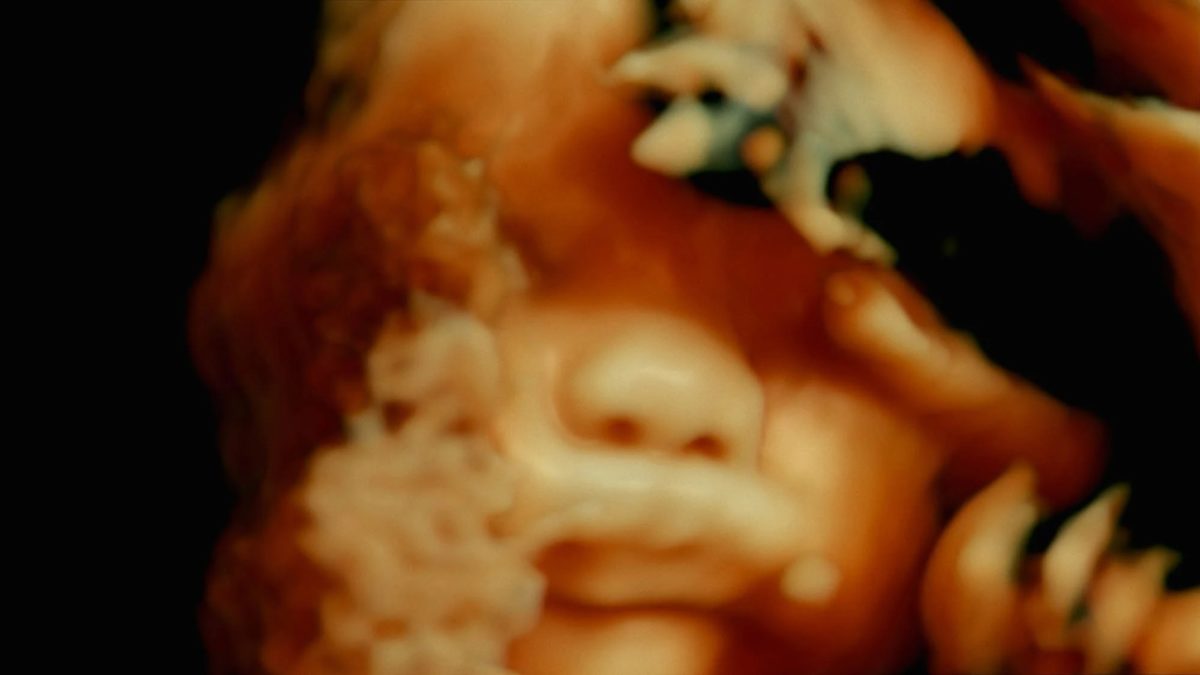
Who knew that seeing a person’s insides could be so heartfelt? Lucien Castaing-Taylor and Véréna Paravel’s newest vomit-inducer De Humani Corporis Fabrica surveys the body’s capabilities and fluids at a French hospital. The duo apply an endoscopic camera to unravel curiosity about human anatomy, making people less numb to a part’s grotesque presence. As typical with the duo’s oeuvre, they rivet beyond the surface in their startling, intuitive observations, providing open interpretations of the human condition. – Edward F.
Geographies of Solitude (Jacquelyn Mills)
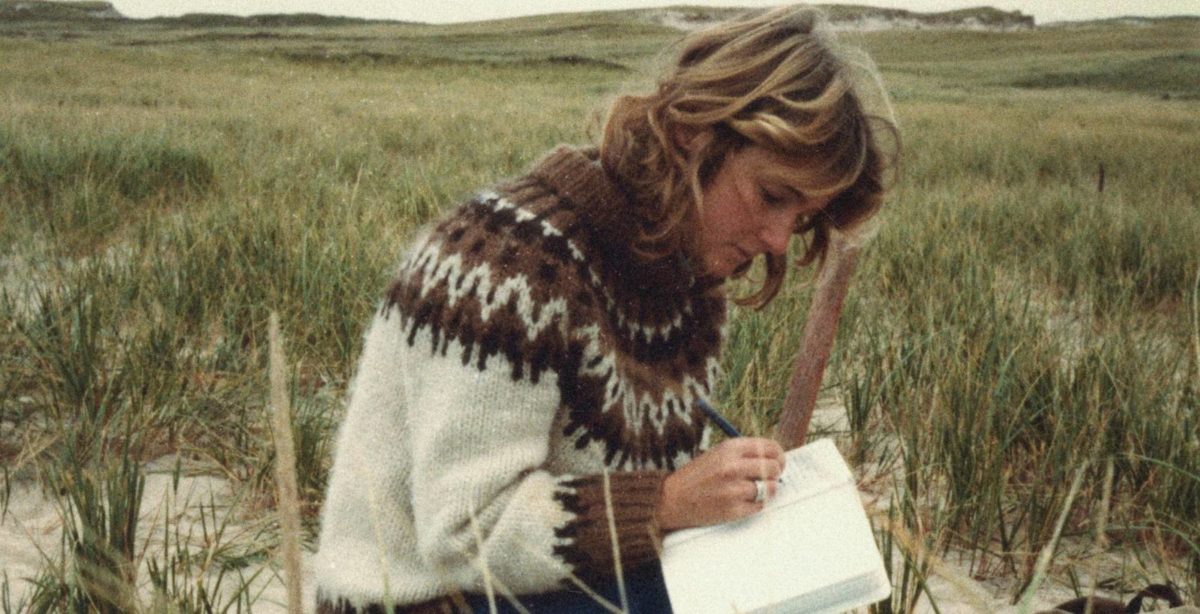
Bird cadaver pile. A microphone records the bone-sound of abandoned wood. Dead horse body and still hair pokes up from under windblown sand. A camera looks up at the moonlight through seagrass. These are a few of the images unspooled in Jacquelyn Mills’ Geographies of Solitude, a sensuous, sensory ode to Sable Island and the biologist at study (and at struggle). A camera approaches life while cataloging death; study can’t conceive of natural earth without plastic’s press. Mills composes like Stratman, like Carson, but an eviscerating sensibility pings Cronenberg’s Crimes of the Future. This is just another thing a camera can do: show you its new guts. – Frank F.
Kokomo City (D. Smith)
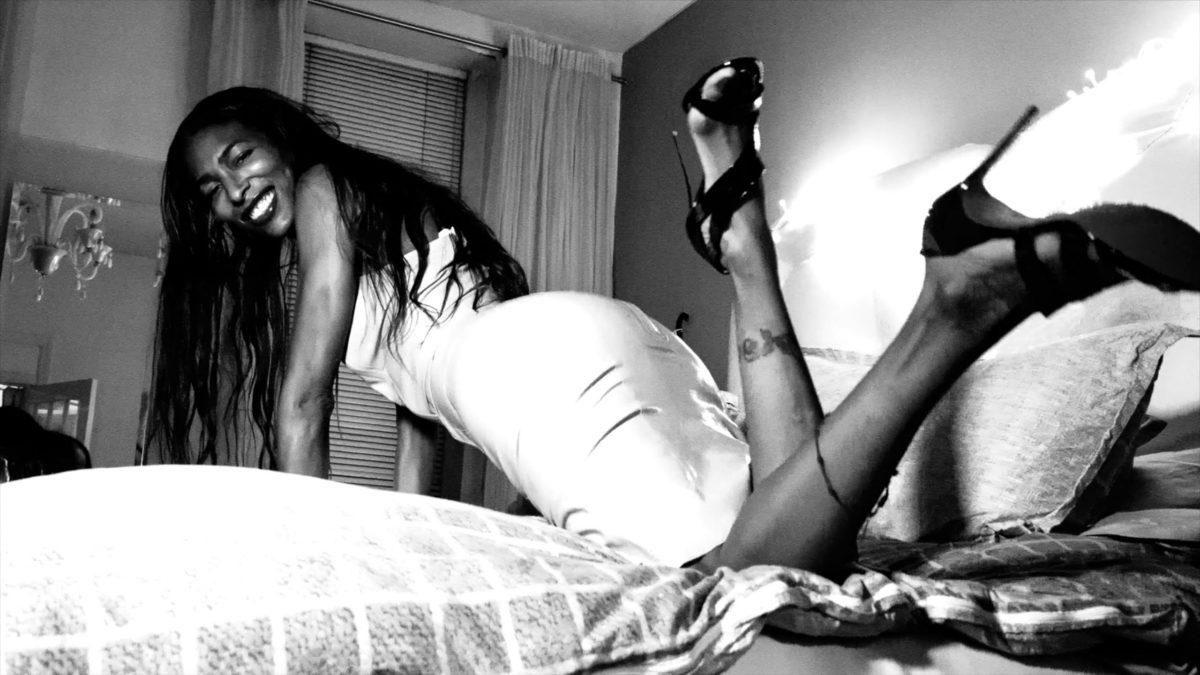
In response to crises personal and political, Kokomo City ceases caring about who might be watching; it instead speaks loudly and honestly. D. Smith, who was homeless when she began the film, lent a platform to her social circle of Black trans sex workers. As a former music producer whose career collapsed when she transitioned, Smith’s background is evident in the lyrical editing and eclectic choice of songs. Kokomo City lets its subjects speak with total frankness about their resentments. It’s as raw as a blast of cigarette smoke in your face. – Steve E.
King Coal (Elaine McMillion Sheldon)

A poetic ode to the blue ridges of Central Appalachia, King Coal often evokes an IMAX educational film in its scope, space, and presence. The film explores the complex history of coal as a specter that looms over the region. The precious rock is celebrated throughout, the picture never veering off-course to engage in a discussion of contemporary politics. It’s instead built on West Virginia itself, a land still tied to mythology in some ways. “Who are we, without a king,” Lanie Marsh (the young star of the picture) asks. – John F. (full review)
Menus-Plaisirs Les Troisgros (Frederick Wiseman)
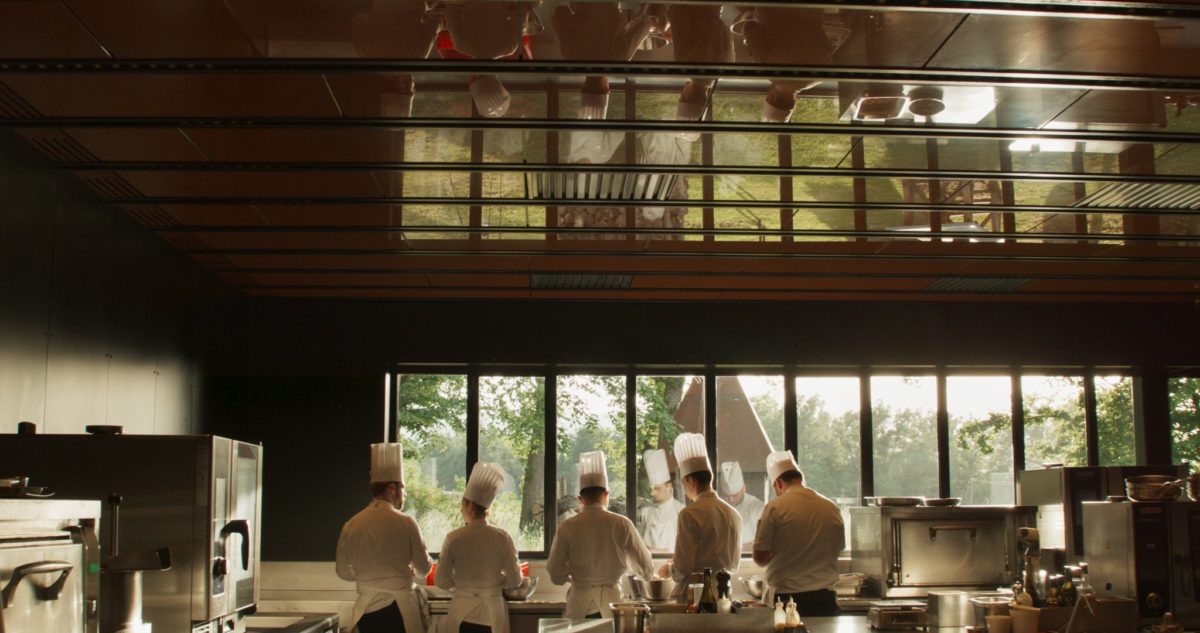
At first glance, it may be easy to be distracted by the crisp, clean surfaces and corners of the Troisgros restaurant, the ethereal beauty of its surrounding gardens and lakes, as well as the irresistibly curated dishes that fill the screen in Frederick Wiseman’s documenting of a longstanding French culinary institution. What he’s really portraying here is a family; the food and service is an extension of that. The latter (plus extensive discussions of ingredients and pairings) is what will attract most viewers to this four-hour epic, but it’s the stories that Michel Troisgros relays to his many esteemed diners––what he learned from his father, what he hopes for the future of his children, and what it means to run this legendary family heirloom––that makes Menus-Plaisirs Les Troisgros such a comforting watch. – Soham G.
Orlando, My Political Biography (Paul B. Preciado)

Orlando, My Political Biography, Preciado’s new work––and his first behind the camera––is the latest to tackle Woolf’s text, and surely among the most original to do so. It’s structured as both a correspondence—messages from the writer to Woolf—and a series of kaleidoscopic vignettes starring trans and non-binary people. In various ways––deeply heartfelt, often funny, occasionally repetitive but never less than joyous––the performers speak about their relationship with the text through personal experiences while, in voiceover, Preciado distills a life spent grappling with the novel (both as intrepid reader and discerning academic) into a poetic and philosophical treatise, providing a robust foundation for the more earnest emotions onscreen. – Rory O. (full review)
Our Body (Claire Simon)
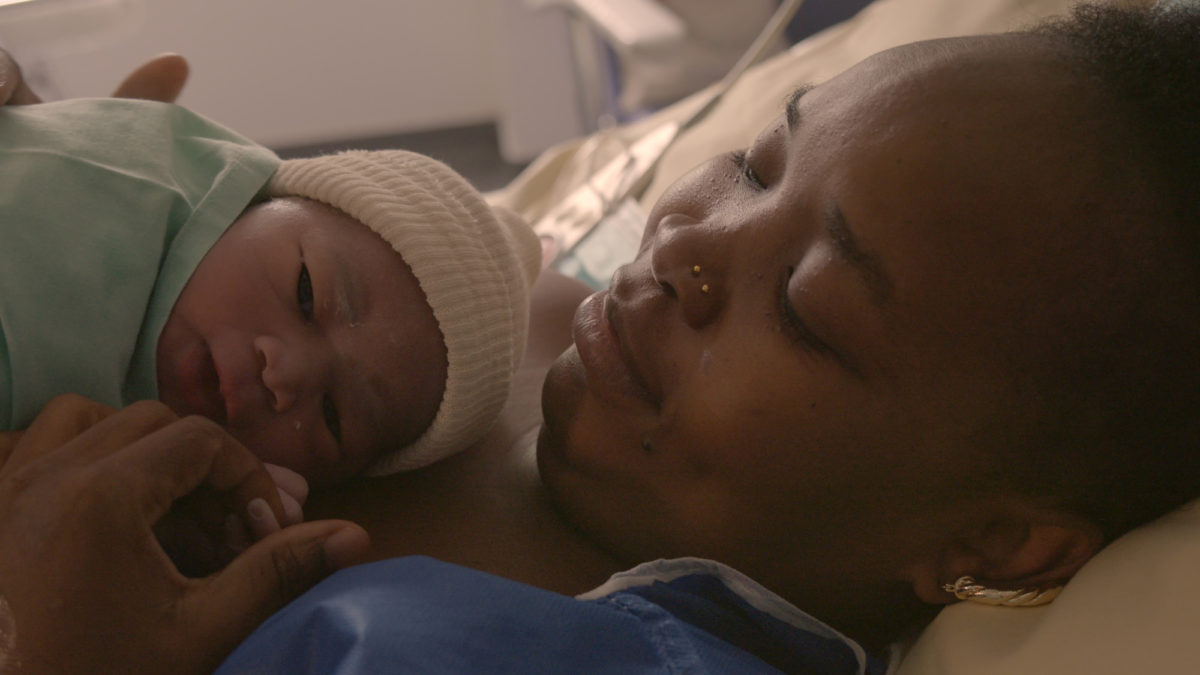
Is a hospital documentary only considered such if it occurs in a healthcare facility? Claire Simon rejects this qualification in her utopian Our Body. The film follows female, trans, and non-conforming patients (including the director) pursuing life-altering options for their betterment. While the protagonists and their providers are receptive to each others’ concerns, both supply hope for a more peaceful world. It is a cathartic display of collaboration, unity, and trusting individuals in a system designed to marginalize the participants and their respective communities. – Edward F.
Rewind & Play (Alain Gomis)
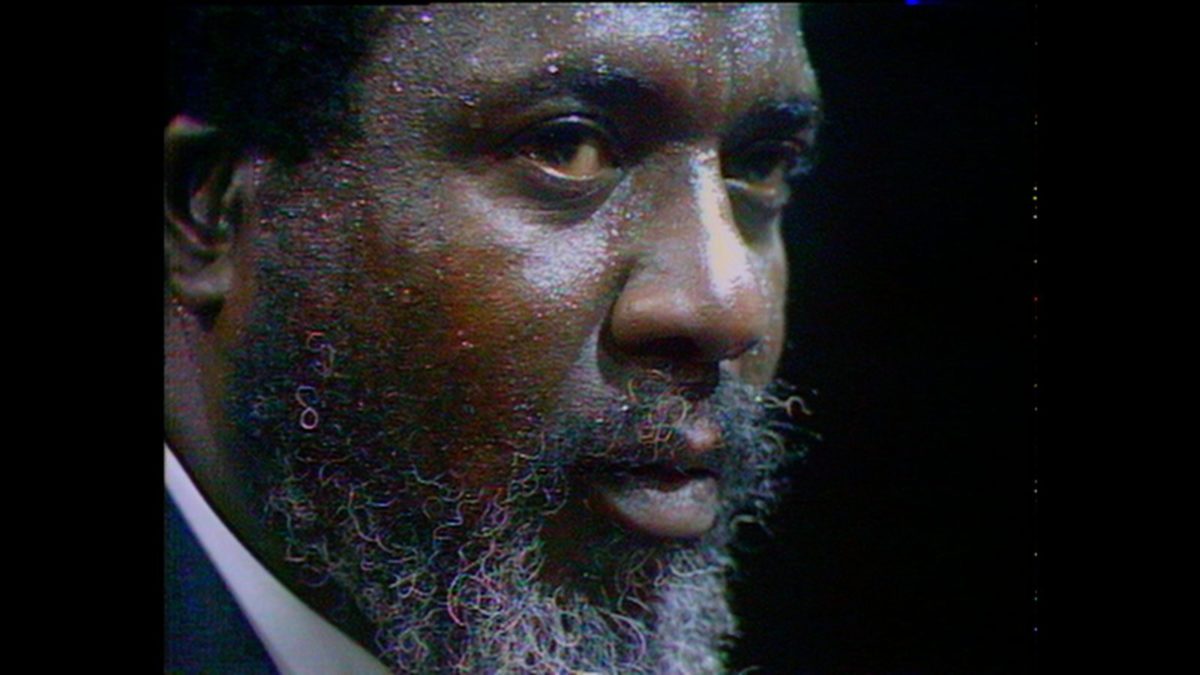
Fans mainly speak about their favorite artists’ greatness, but Alain Gomis reminds us also to acknowledge their pain and perseverance in Rewind & Play. The film revives a horrendous interview between Thelonious Monk and Henri Renaud, where the latter asks dumb questions and is covertly racist towards his subject. Monk later plays “Round Midnight” under heavy tungsten lights. Sweat drips, his fingers nerve-whacking after hitting each piano key. Unfortunately, Renaud and the producers made him play it three times. Despite their condescension, Monk exemplifies luster. – Edward F.
A Still Small Voice (Luke Lorentzen)
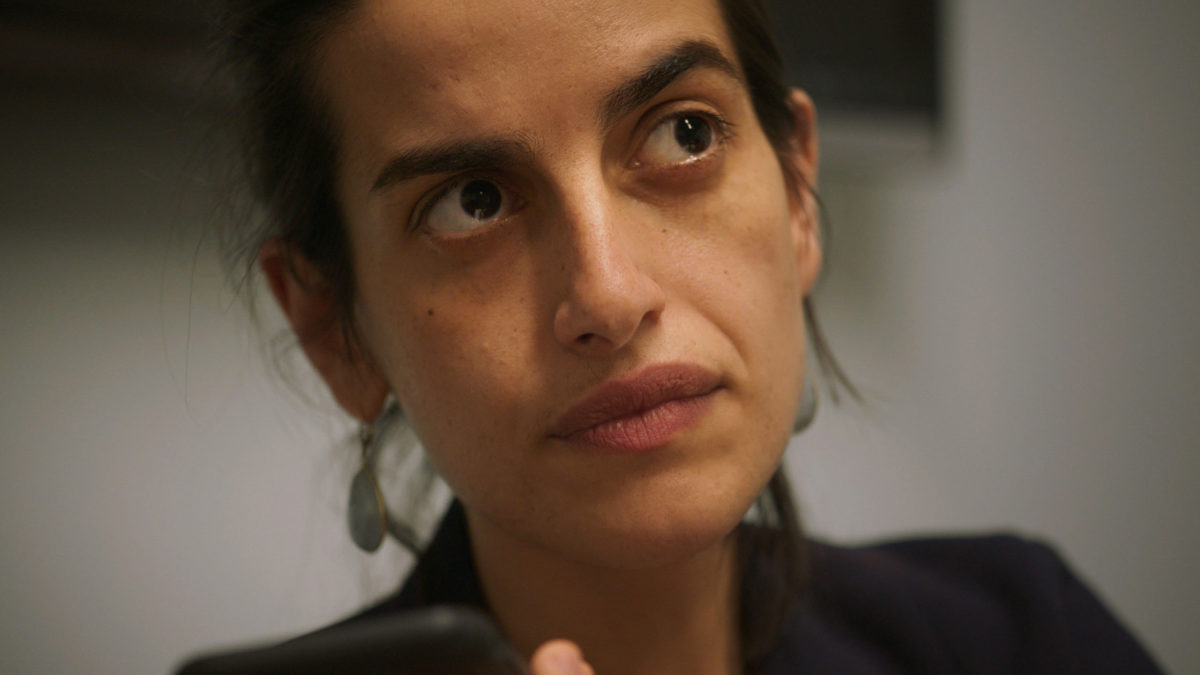
Over the first two years of the pandemic, healthcare providers navigated daily heroics with unprecedented professional burnout. The highs and lows of that specific time are chronicled in A Still Small Voice, Luke Lorentzen’s quiet, stirring, intimate look at spiritual caregivers in the midst of a year-long residency at New York City’s Mt. Sinai Hospital. Using a vérité approach, Lorentzen specifically follows Mati Engel, a resident chaplain, as she offers guidance to terminal patients and reports to her supervisor, Rev. David Fleenor. Though they both struggle to maintain their emotional and physical bandwidths, Lorentzen’s camera acts as a warm witness to the healing, exhaustive, on-call nature of a job that’s rarely seen. – Jake K.
Smoke Sauna Sisterhood (Anna Hints)
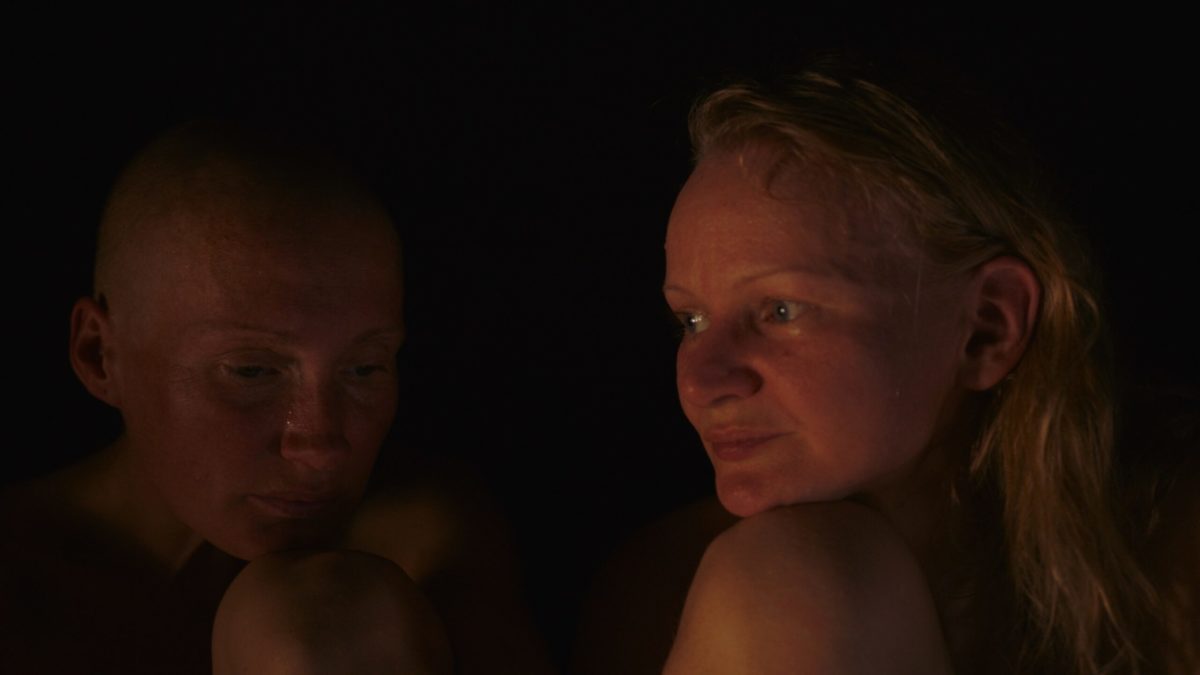
Estonian director Anna Hints creates undeniable intimacy in her debut documentary Smoke Sauna Sisterhood. She sits with a group of women in this sacred place, religious in both its view of women’s bodies and experiences. Hints frames these women against a shifting light, shooting each and every one of their body parts, resting in their talk about joy and anger, fear and love. The documentary contains a piercing honesty and a collective thread, a fiber connecting these women to each other and to the outside world. Smoke Sauna Sisterhood is simple, powerful, and singular. – Mike F.
Youth (Spring) (Wang Bing)
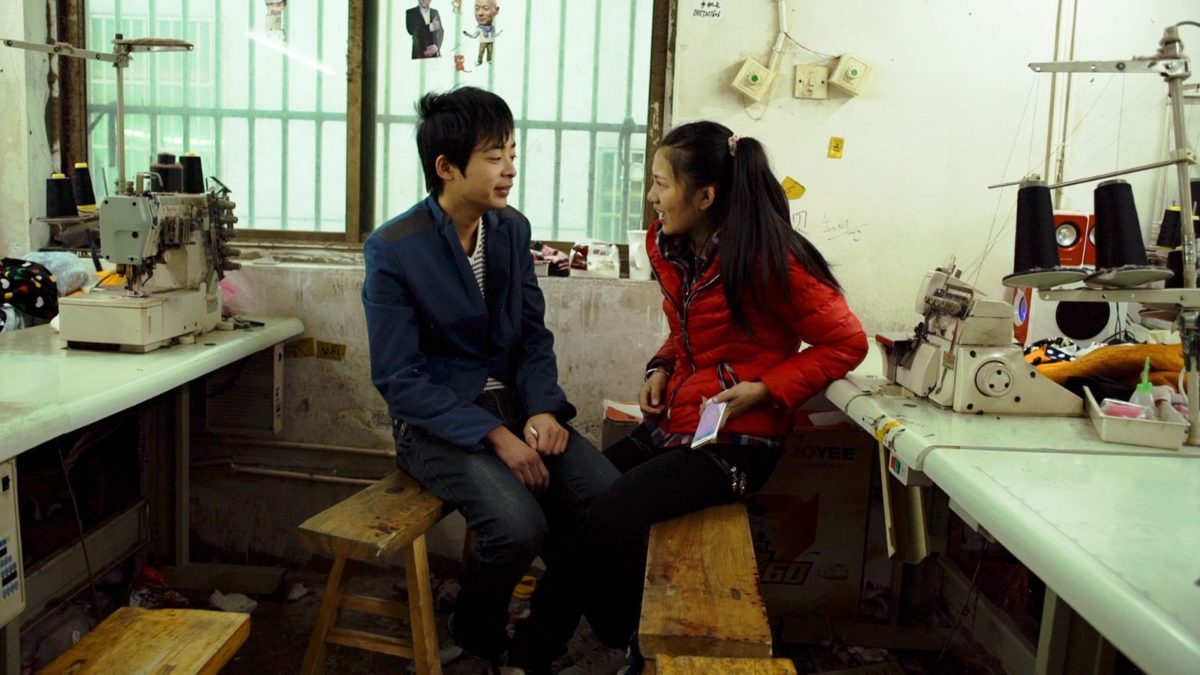
Wang’s Youth series, set to progress through three more seasons, will be his farewell to shooting in China. Youth (Spring) documents a period of intense globalization and hyper-capitalism already well underway when he began filming nine years ago. The film stations itself down in the clothing factories of Zhili, where young people (some still teenagers) toil away for bottom-of-the-barrel wages. Although a little structurally scattershot, Youth (Spring) captures the trap laid out for its subjects, who repeatedly beg their employers for higher wages compensating for hard menial labor. The soundtrack’s constant grind of factory noise is more disturbing than any image. – Steve E.
Honorable Mentions:
- 20 Days in Mariupol
- After Sherman
- Against the Tide
- Albert Brooks: Defending My Life
- American Symphony
- Bobbi Wine: The People’s President
- The Eternal Memory
- Four Daughters
- Going to Mars: The Nikki Giovanni Project
- Invisible Beauty
- Lakota Nation v. United States
- Little Richard: I Am Everything
- Lynch/Oz
- Matter Out of Place
- Nam June Park: Moon Is the Oldest TV
- Personality Crisis: One Night Only
- Stamped from the Beginning
- The Stroll
- You Were My First Boyfriend
